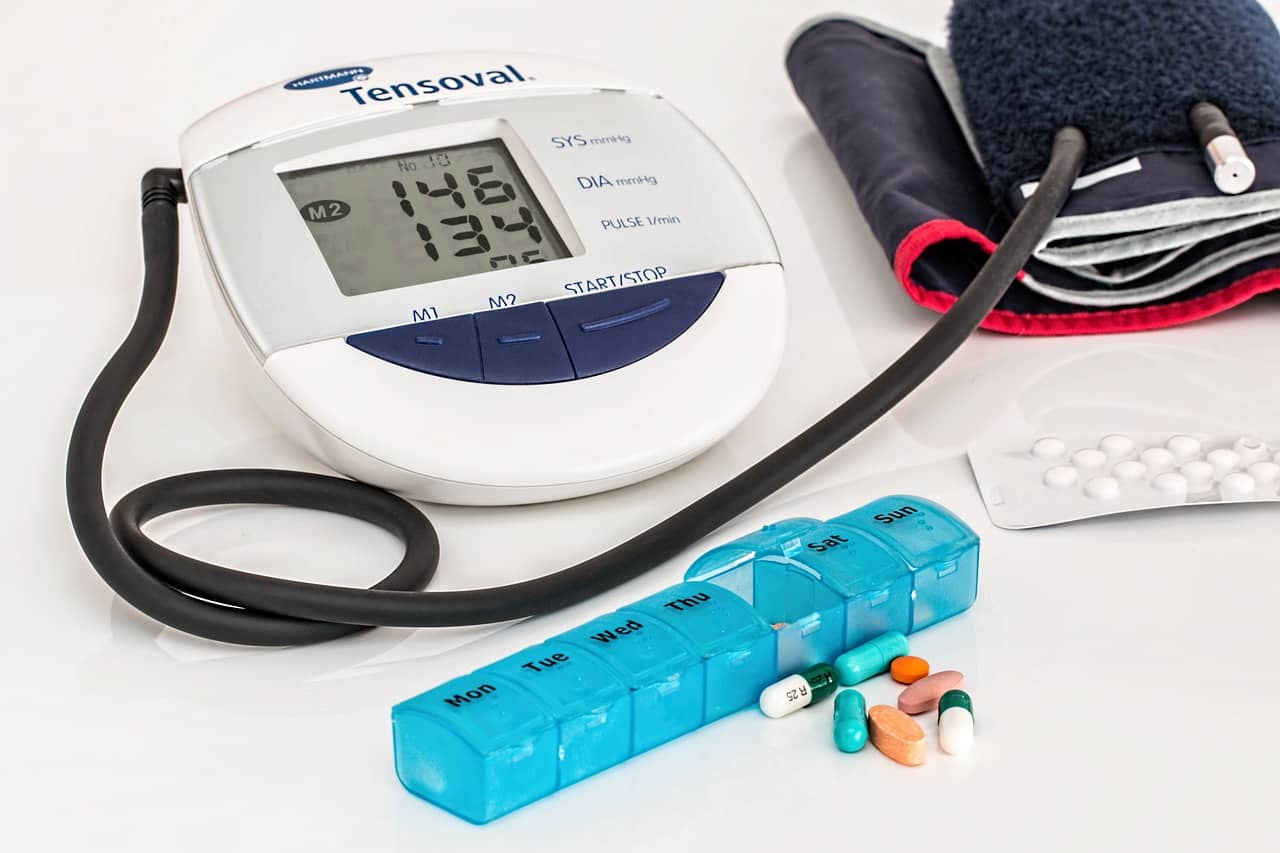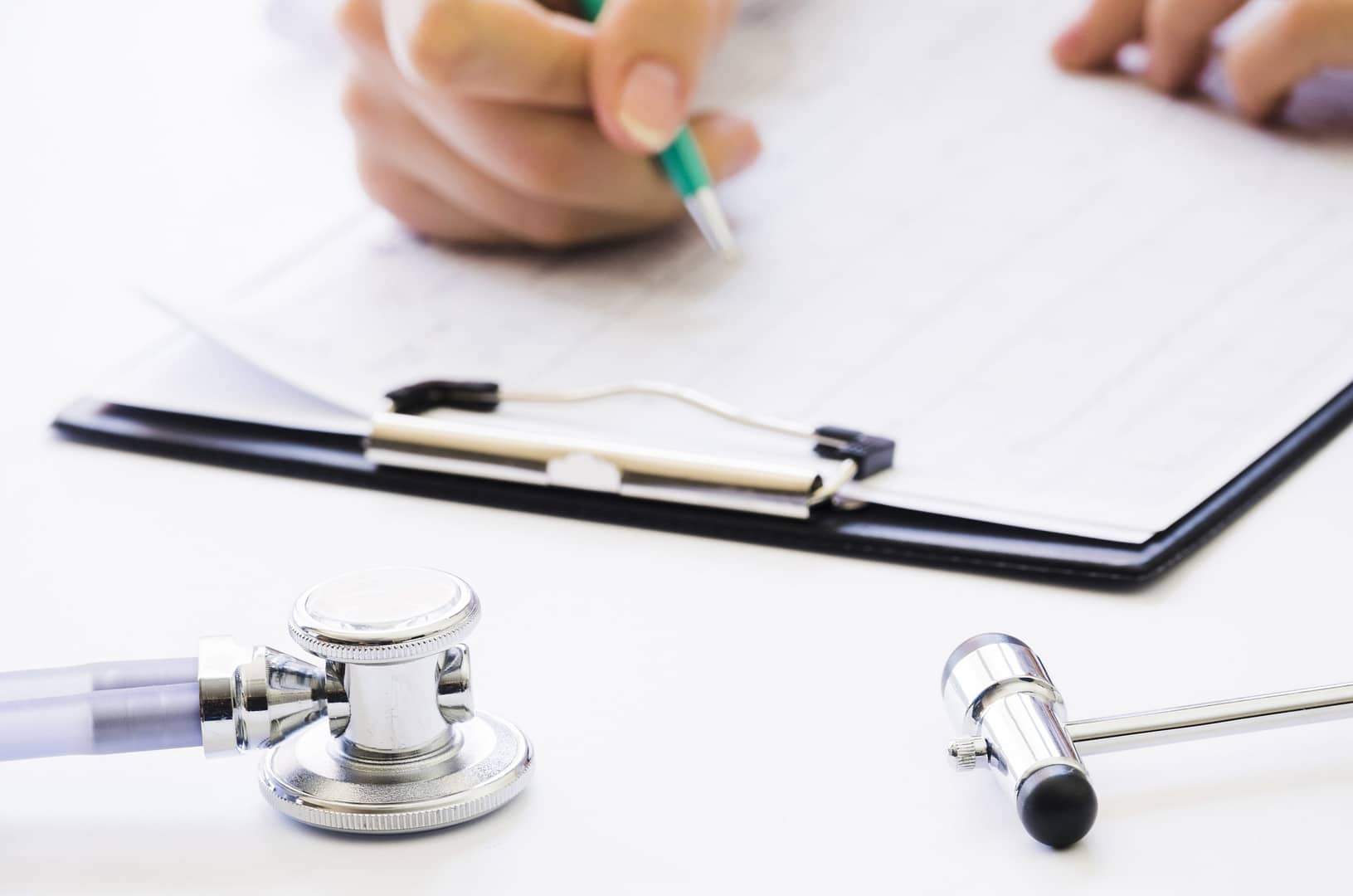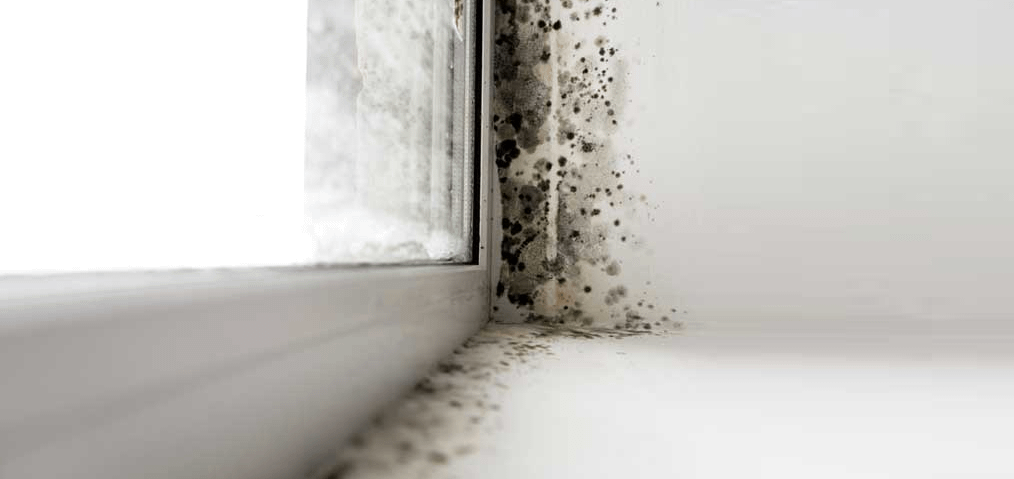Athetoid cerebral palsy (ACP), also known as dyskinetic cerebral palsy, is a type of cerebral palsy (CP) that is characterised by involuntary movements and fluctuations in muscle tone. ACP is the second most common type of CP, and it affects around 10-20% of children with CP. In this article we will also highlight how you can start a medical negligence claim.
What Causes Athetoid Cerebral Palsy?
ACP is caused by damage to the basal ganglia, a part of the brain that controls movement. This damage can occur before, during, or shortly after birth. Some of the most common causes of ACP include:
- Lack of oxygen during birth: This can happen if the umbilical cord is wrapped around the baby’s neck, if the placenta detaches from the uterus too early, or if there is a problem with the baby’s lungs.
- Brain infections: These can occur before, during, or after birth, and they can cause damage to the basal ganglia.
- Head injuries: These can happen during birth, or they can occur later in life due to accidents or falls.
- Genetic factors: In some cases, ACP may be caused by a genetic mutation.
Identifying Symptoms of Athetoid Cerebral Palsy
The symptoms of ACP can vary from person to person, and they can also change over time. However, some of the most common symptoms include:
- Involuntary movements: These movements can be slow and writhing (athetosis) or rapid and jerky (chorea). They can affect any part of the body, but they are most common in the arms, legs, and face.
- Fluctuations in muscle tone: People with ACP may experience periods of high muscle tone (stiffness) and low muscle tone (floppiness). This can make it difficult to control their movements and maintain posture.
- Difficulty speaking and swallowing: The involuntary movements and fluctuations in muscle tone can also affect the muscles used for speaking and swallowing. This can make it difficult for people with ACP to communicate and eat.
- Delayed motor development: Children with ACP may reach developmental milestones, such as sitting up, crawling, and walking, later than other children.
How is Athetoid Cerebral Palsy Diagnosed?
Diagnosing ACP can be challenging, as the symptoms can be similar to those of other conditions. However, a doctor will typically make a diagnosis based on a child’s medical history, a physical examination, and imaging scans of the brain.
- Medical history: The doctor will ask about the child’s birth history, any developmental delays, and any family history of CP.
- Physical examination: The doctor will assess the child’s muscle tone, reflexes, and movement patterns. They may also check for other signs of CP, such as intellectual disability or seizures.
- Imaging scans: A brain MRI scan can help to confirm the diagnosis of ACP by showing damage to the basal ganglia.
Treatment Options for Athetoid Cerebral Palsy
There is no cure for ACP, but there are a variety of treatments that can help to manage the symptoms and improve quality of life. These treatments may include:
- Physical therapy: Physical therapy can help to improve muscle strength, flexibility, and coordination. It can also teach people with ACP how to control their movements and improve their posture.
- Occupational therapy: Occupational therapy can help people with ACP to develop skills for daily living, such as dressing, eating, and bathing.
- Speech therapy: Speech therapy can help people with ACP to improve their communication skills.
- Medication: There are a number of medications that can help to reduce involuntary movements and muscle spasms.
- Surgery: In some cases, surgery may be necessary to correct deformities or release tight muscles.
Living with Athetoid Cerebral Palsy
Living with ACP can be challenging, but with the right support and treatment, people with ACP can lead full and active lives. There are a number of organisations in the UK that provide support and information for people with CP and their families, such as Scope and Action Cerebral Palsy.
Making a Medical Negligence Claim with National Claims
At National Claims, we understand the devastating impact that medical negligence can have on your life and the lives of your loved ones. If you believe you or a family member has suffered harm due to substandard medical care, such as misdiagnosis, surgical errors, medication errors, or delayed treatment, we are here to help you seek the justice and compensation you deserve.
Free Consultation
We recognise that every medical negligence case is unique, and we’re here to offer you a free, no-obligation consultation to discuss your specific situation. During this consultation, we’ll listen attentively to your experience, and assess the potential strength of your claim. Our team will then connect you with a qualified solicitor from our panel who specialises in medical negligence claims, ensuring that you receive the expert legal representation needed to pursue your case effectively.
*Customers pay up to 25% (incl. VAT) of the amount recovered towards solicitor costs and if you cancel outside your cooling off period, you may be charged a fee.
Contact us today to speak to one of our claims agents who will be able to help you get started on your claim.
Click below to see why we are one of the most trusted claims management companies in the UK.

We’re proud of our excellent customer reviews
We thrive on delivering exceptional service and ensuring our clients’ satisfaction. Don’t just take our word for it. Check out some of our independent reviews to see what our clients have to say.
Excellent

This firm is excellent, they sorted out my car pay out and injury claim very fast, they always communicate with you all the time.

My accident case was dealt with confidence and with great result of the outcome, especially James kept me informed all the time.

I was very impressed at the way my inquiry was treated. I was listened to attentively and everything I needed to know was explained to me.






